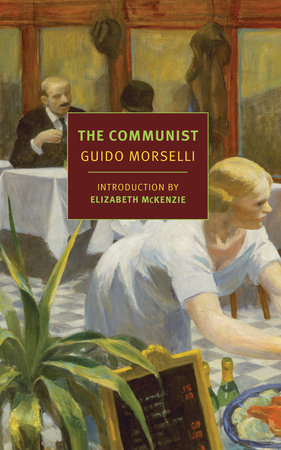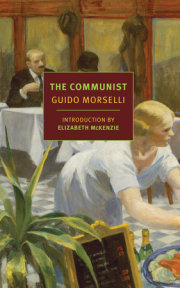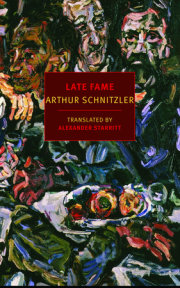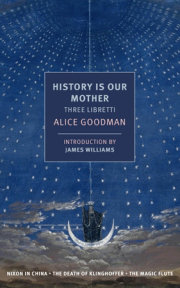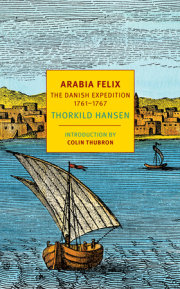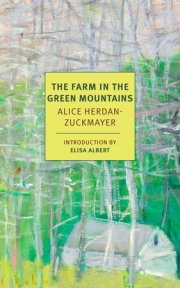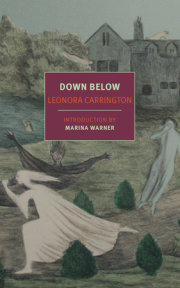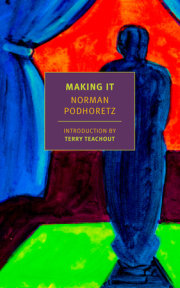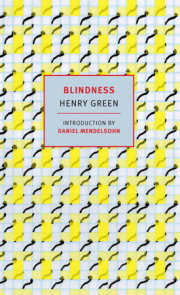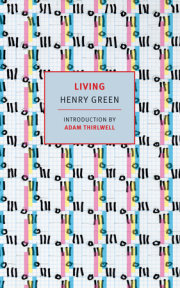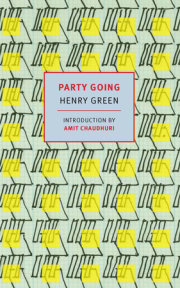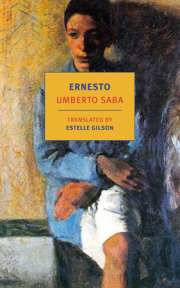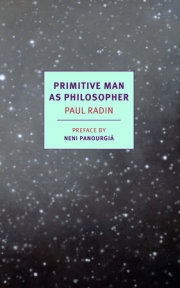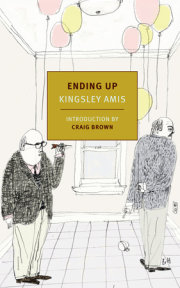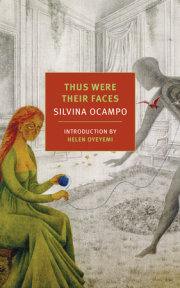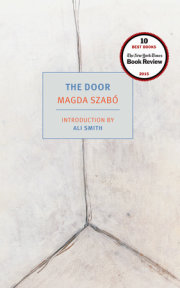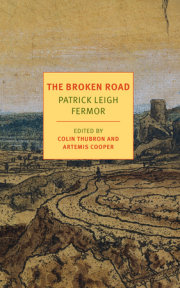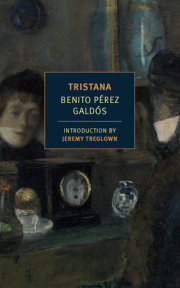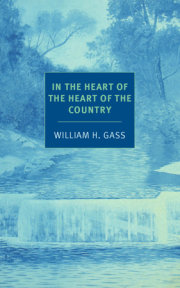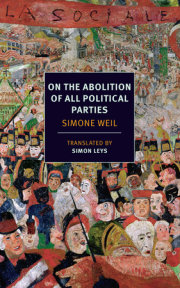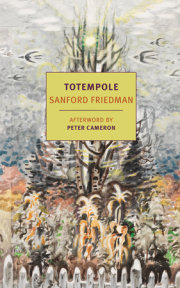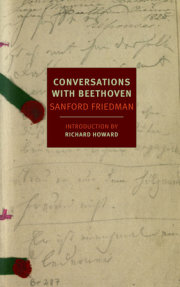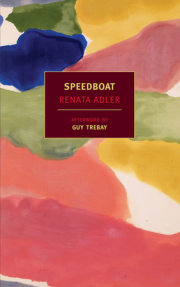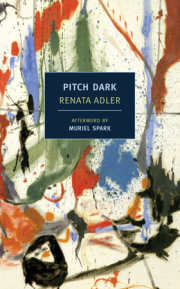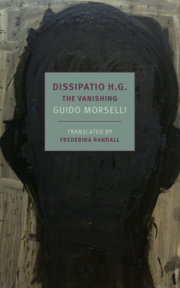Guido Morselli (1912–1973) spent his youth in Milan, where his father was an executive with a pharmaceutical company. When he was twelve his mother died from Spanish flu, an event that devastated the reserved child. After attending a Jesuit-run primary school and a classical secondary school, Morselli graduated from the Università degli Studi di Milano with a law degree in 1935. Instead of practicing law, however, he embarked on a long trip around the Continent. Though he wrote consistently from the remote town in the lake region of Lombardy where he lived alone, Morselli succeeded in publishing only two books over the course of his life: the essays Proust o del sentimento (Proust, or On Sentiment, 1943) and Realismo e fantasia (Realism and Invention, 1947). His many works of fiction, journalism, and philosophy were repeatedly rejected by publishers, and, frustrated by his perceived failures, he committed suicide in 1973. Hanging in his library was the motto Etiam si omnes, ego non (Though all do it, I do not). In fact, Morselli’s nine posthumously published novels, among them Roma senza papa (Rome Without the Pope, 1974), Divertimento 1889 (1975), and Dissipatio H.G. (The Dissolution of the Human Race, 1977), enjoyed considerable critical success. Morselli left his farm and lands to the town of Gavirate in his will, and today Parco Morselli looks south onto Lago di Varese and north toward the Alpine foothills.
Frederika Randall (1948–2020) was a writer, reporter, and translator. Among her translations are Ippolito Nievo’s Confessions of an Italian and Giacomo Sartori's I Am God. She received the National Endowment for the Arts Literature Fellowship for Translation and the PEN/Heim Translation Fund Grant, and, with Sergio Luzzatto, the Cundill Prize.
Elizabeth McKenzie’s novel The Portable Veblen was longlisted for the 2016 National Book Award for fiction. She is the author of the novel MacGregor Tells The World and story collection Stop That Girl. Her work has appeared in The New Yorker, The Atlantic, Best American Nonrequired Reading, and other publications. McKenzie is senior editor of the Chicago Quarterly Review and the managing editor of Catamaran Literary Reader.

